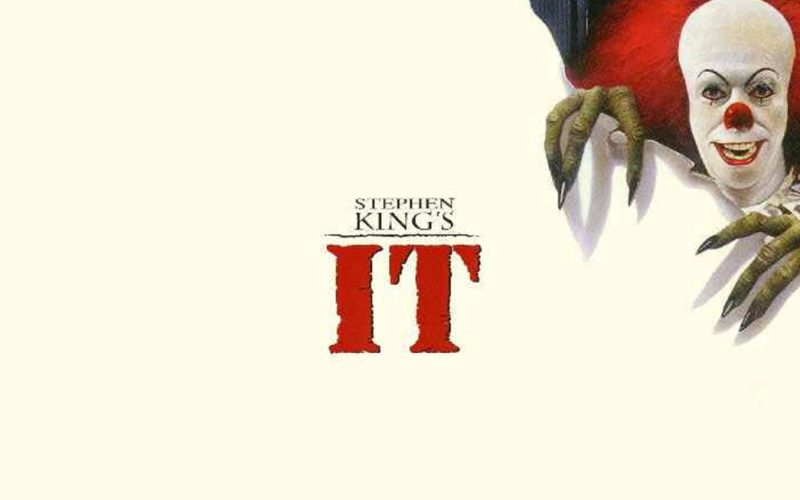Stephen King’s IT – The Book Vs The 1990 TV Miniseries.
There has been a slew of films and television programmes based on author Stephen King’s books recently including Mr. Mercedes, which has been airing in the US, the long awaited film adaptation of The Dark Tower was released to rather scathing reviews a few weeks ago, Netflix has released a series based on King’s short story The Mist (which was also made into a film directed by Frank Darabont) and on the September 8th we are getting the big screen version of one of his most famous novels IT. 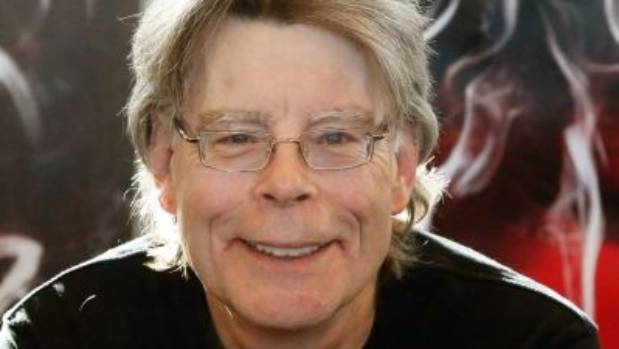
Films based on the works of this most prolific of writers have not always been greeted with a lot of love. For every Shawshank Redemption, Misery, Stand By Me or The Mist, there have been many duds – seven (count them) Children Of The Corn movies, Silver Bullet, Sleepwalkers, The Mangler and King’s own directorial snorefest, Maximum Overdrive – a film so bad that it’s not even funny. He is also a long time supplier of TV fodder – The Langoliers, The Stand, Thinner and the original adaptation of IT.
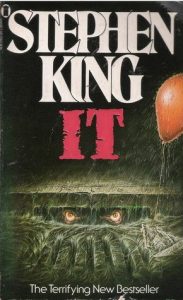 I have had a long relationship with King and especially IT. I started reading his work in the eighties when I was a teenager. A few of his novels – Salem’s Lot, The Stand, Pet Semetary and IT – became firm favourites and recently I have taken to listening to them all over again in the form of audiobooks. Now, I know they say you should never go back but it started off really well with the reading of Salem’s Lot which was just as involved, detailed and scary as I remember it. I also enjoyed King himself reading his book Needful Things (which was made into a film starring Ed Harris which I have yet to see). IT, however, was a disappointment.
I have had a long relationship with King and especially IT. I started reading his work in the eighties when I was a teenager. A few of his novels – Salem’s Lot, The Stand, Pet Semetary and IT – became firm favourites and recently I have taken to listening to them all over again in the form of audiobooks. Now, I know they say you should never go back but it started off really well with the reading of Salem’s Lot which was just as involved, detailed and scary as I remember it. I also enjoyed King himself reading his book Needful Things (which was made into a film starring Ed Harris which I have yet to see). IT, however, was a disappointment.
It was as big as I remember (almost 450,000 words) and there were many highlights that lift it up above the usual and the dull, but it wasn’t as scary as I remember. Part of this, as with any audiobook, may come down to the reader. Reading an audiobook is a performance and, like all performances, some are better than others. IT is read by Steven Weber, a well known face on TV and who as also starred in a Stephen King adaptation, Nightmares and Dreamscapes (2006), who has a great voice which somehow wasn’t able to translate this mega-tome. This is in comparison to Stephen King himself, who is an excellent reader of his own books.
The problem it had was that there was no singular threat to terrorise the protagonists (as children or adults). The whole idea behind the book is that whatever the person is afraid of becomes real and attacks them physically as well as mentally. They are literally scared to death yet unfortunately I wasn’t. This may be because the reader fails to convey the threat that the protagonists face or it may be a conceit that works better in film rather than book form (or audiobook). Joe Dante tried a similar thing in his 2009 film The Hole to much greater effect.
Another issue with the book that may sound completely bonkers to anyone who hasn’t read it involves a giant cosmic turtle. I won’t go into detail as I don’t want to spoil it and it does make sense in an odd kind of way but it is wholly unnecessary.
Finally, the most controversial scene in the book which, thankfully fails to make it into either the miniseries or the new film, comes toward the climax of the book. The Losers Club (as they are known) is made up of six boys and one girl and supposedly to bring the group closer together, to bind their spirits and souls, Beverly has sex with each and every one of the boys. I think it may work more as some abstract idea from a darker corner of Mr. King’s mind than it does for the characters in the book.
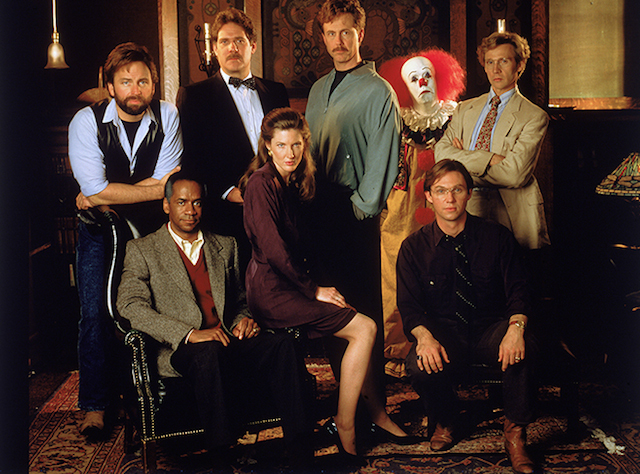
The miniseries of IT is very close to the novel (apart from the aforementioned scene and the Turtle) and it’s easy to see why King may think highly of it, it is, after all, very close to his source material. However, film and book are two very different media. Their language is different and what works in one may not work in the other. Now I am not going to continue the silly myth that a book is automatically better than the film adaptation of it, mainly because I think this myth is a load of old tosh (just read any number of King books from The Shawshank Redemption to Misery if you think that’s true), however, there are undoubtedly times when this is the case. Even though I had major problems with the audiobook of IT, it is still much better than the 1990 TV adaptation.
IT tells parallel stories involving a group of friends, one story focuses on their childhood, the other on them as adults. As children they discover an ancient force which seems to come alive every thirty years and starts killing the children of the town of Derry, Maine. Although this creature manifests itself in the form of their greatest fears – The Mummy, a Werewolf, a giant bird etc – the one constant is that its default physical form is that of a clown – Pennywise the Clown to be exact. They confront the creature and survive but do not kill it and 30 years later it is back, feeding once again. Mike Hanlon, the only member of the gang to stay in Derry, begins to suspect that the creature is back so he calls each of the other members, reminding them of their promise to return to the town if the creature ever comes back.
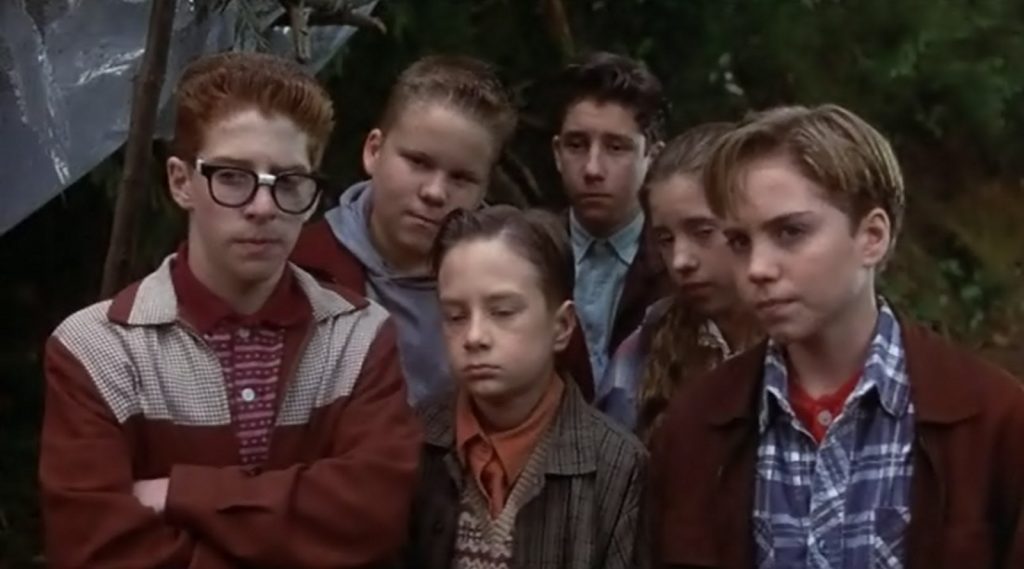
The strengths of the book and the miniseries are the sections focusing on the group as children. The worries, the fears of bullying, the drudgery of housework, and the adventure of hanging with your friends is perfectly captured by King and fairly well recreated by the filmmakers. The adult’s sections are a little less interesting in the book but that maybe because the adults generally are less interesting than they are as children.
In the miniseries, however, the adults are a huge letdown. There are some great actors here – Annette O’Toole as Beverly, John Ritter as Ben and Richard Thomas of Waltons and Battle Beyond the Stars fame is the leader of the pack, Bill. However, the performances are not that great and I think this is more to do with the direction than the abilities of the cast. Director Tommy Lee Wallace, who admitted never having read the novel beforehand, seems to have this obsession with dramatic staging, the type you see in the theater with characters walking away from the action and looking far off into the distance in odd poses. It may work on stage but on TV or film it certainly doesn’t.
Whereas the book has the advantage of a limitless budget (whatever your imagination can afford) the series is badly damaged by budgetary restraints and, because of this, is unable to really stage the scenes of horror in the way they should be. Whereas a good director may have found a way around this with moody lighting, some smoke and some creative camera angles, Wallace is found wanting. This is perhaps most apparent in the ending which is sorely underwhelming (Tim Curry himself has recently expressed his disappointment with the finale).
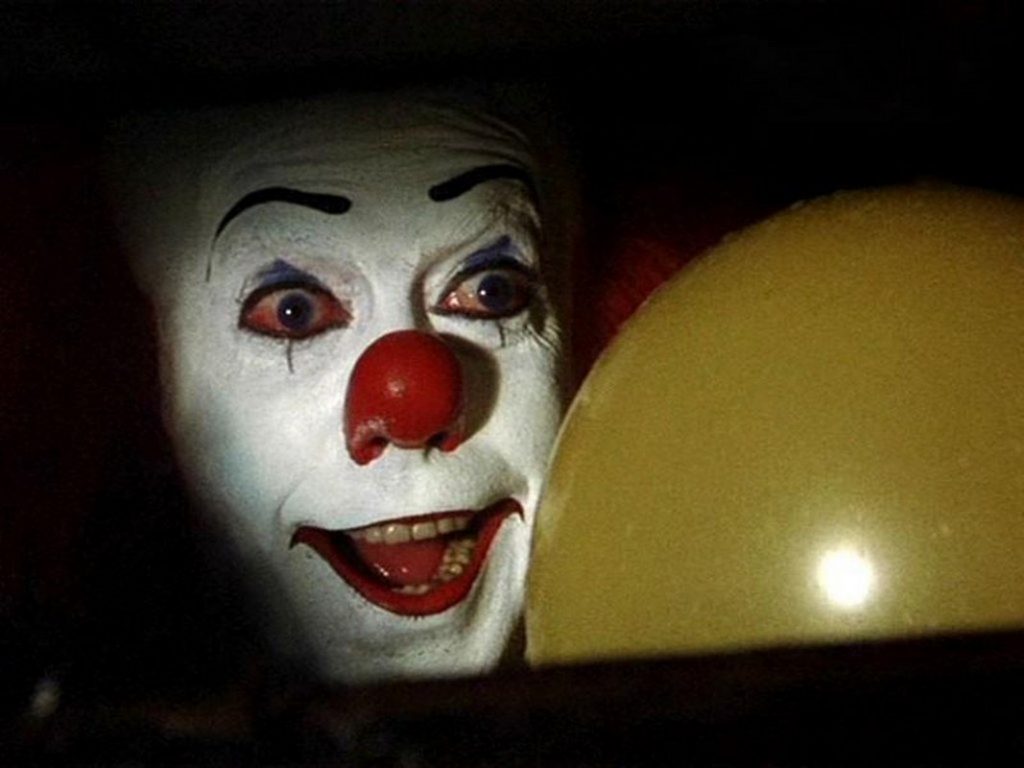
The Mini-series does excel however, in perhaps the novel’s most famous character – Pennywise. As played by Tim Curry the clown is fun, colourful and as threatening as Hell itself. Although I am looking forward to the new film I have to admit the early pictures of the clown seem to have missed the point. The reason the creature uses the clown form is because it is something that attracts children, that disarms them and makes them believe he poses no threat whatsoever until it’s too late. It’s a similar reason as to why King chose the clown in the first place – it subverts our expectations and plays with something that may have been linked to a strong and happy memory from our childhood (when I think of clowns I would rather remember Dumbo than IT!).
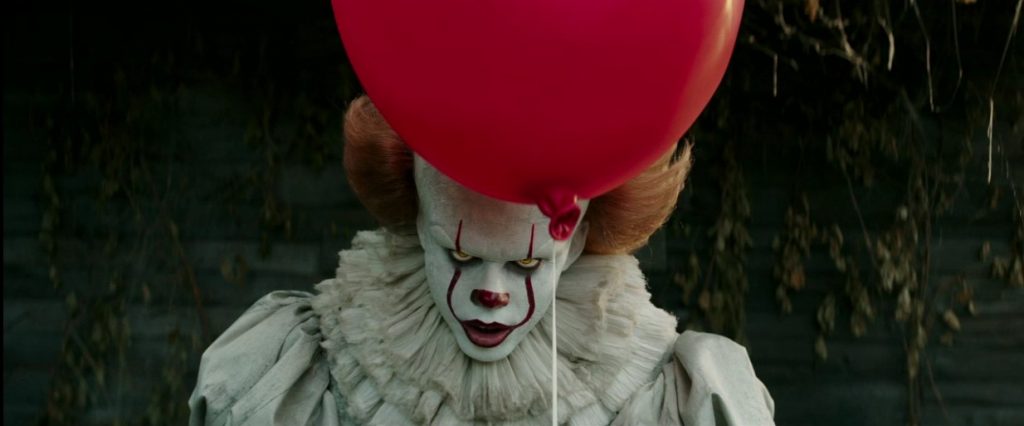
The new film is the first part of a proposed duo of movies. It concentrates on the children and leaves the adults to a later film which I think could be an effective way to approach the source material. The novel is huge and is able to cover a vast number of incidents and characters but the miniseries, despite coming in at over three hours, lacks this scope. Where the novel was able to spend time with the characters, creating an intimacy within in the epic scale, the series does not. This is perhaps most obvious in the death of one character early on which seems jarring in the series but seems natural in the book.
Despite its flaws, I would still recommend the book, mainly because of how it captures the experiences of childhood. The Loser’s Club is made up of real children. They hurt, they cry, they find love and companionship in each other. The adults are as frightening, confusing and disappointing as they are in real life.
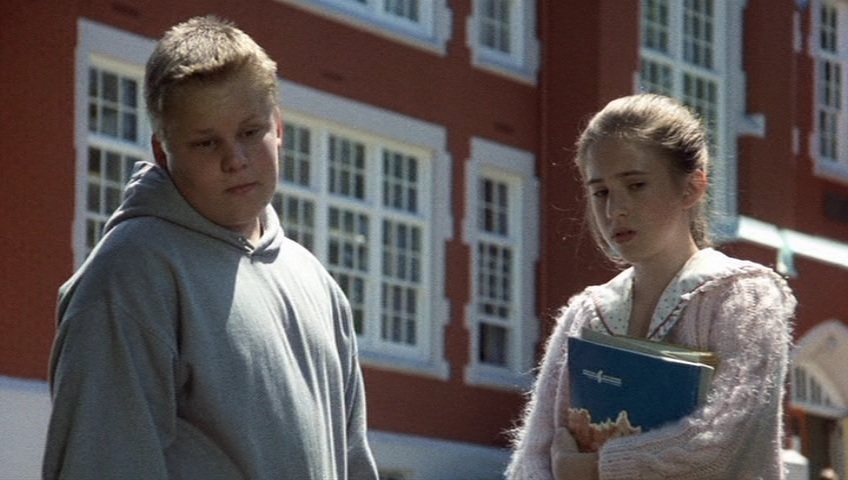
I would also recommend the miniseries if only because I think that Tim Curry’s performance is outstanding and, it must be said, fairly iconic. Yes, the rest of the show is mainly a disappointment but Curry as Pennywise is a real highlight and we can only hope that Bill Skarsgård can assume the mantle with the same degree of success.
“It” will be terrorising cinema screens in the US & UK September 8th.

